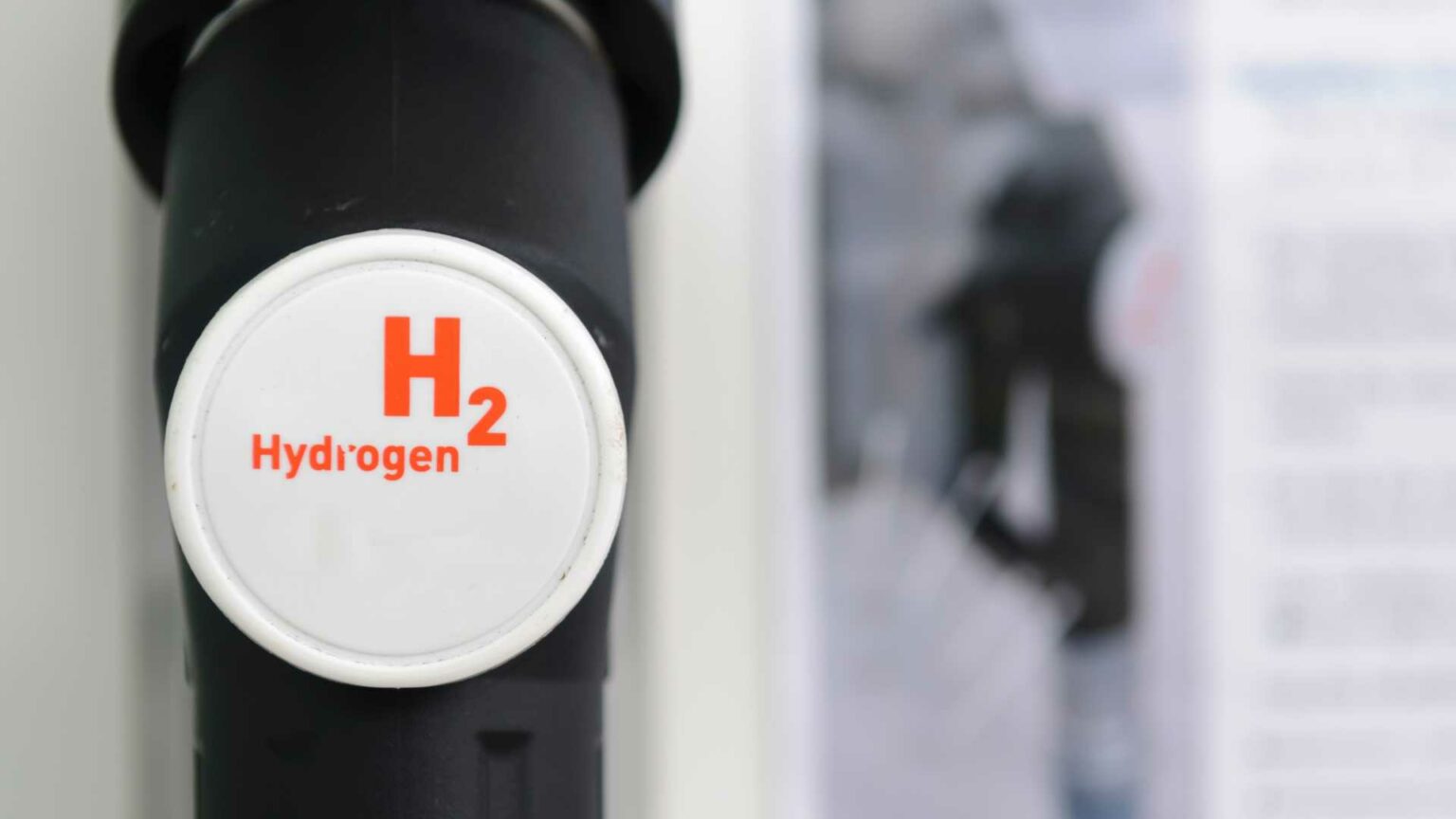Renewable hydrogen, harnessed through green electricity and coupled with carbon capture and utilization (CCU), has emerged as a weapon in the global fight against climate change.
The successful completion of the joint E-Fuel research project, spotlighting high-temperature electrolysis (SOEC), carbon capture, and hydrocarbon synthesis technologies, stands as a beacon of progress in the quest for low-emission e-fuels. These fuels, produced through innovative technologies, offer a promising solution for challenging sectors like aviation and marine, where electrification faces unique hurdles.
The E-Fuel research project, spanning three years, has been a collaborative endeavor funded by Business Finland and consortium partners. Coordinated by VTT and embedded within the Neste Veturi ecosystem, the project enlisted a consortium of 15 partners covering the entire value chain. From CO2 capture to green hydrogen and fuel production, logistics, and end-users in aviation, road, and marine transport – the project encompassed a holistic approach to sustainable energy solutions.
The project has successfully ushered synthetic e-fuels closer to commercial-scale production. Hundreds of kilograms of synthetic hydrocarbons, the building blocks for novel sustainable transportation fuel, were generated and refined by Neste. The outcome—carbon-neutral synthetic e-diesel—underwent practical testing on a diesel-powered tractor in late 2023. Impressively, the produced diesel demonstrated cleaner combustion compared to both fossil and renewable diesels currently available in the market.
E-fuels, marked by their carbon-neutral nature, are produced utilizing captured CO2 emissions and renewable hydrogen. This process effectively offsets the carbon dioxide released during combustion in an engine. The successful synthesis and testing of these fuels offer a promising pathway to expand the carbon-neutral transport fuel portfolio, addressing the limitations faced by battery-powered alternatives.
Dietmar Huber, Vice President of Innovation Business Platform Power-to-X at Neste, emphasizes the significance of Power-to-X technologies in expanding carbon-neutral transport fuel options. Particularly crucial in the aviation sector, where conventional battery technologies encounter challenges, sustainable electric aviation fuels play a pivotal role in curbing fossil fuel reliance. The E-Fuel project results, Huber notes, lay a robust foundation for ongoing development efforts.
The E-Fuel project’s success, hailed by VTT Research Professor Juha Lehtonen, marks a milestone in the development of green hydrogen production, CO2 capture, and e-fuel synthesis technologies. The integration of these processes and the production of e-fuels have not only demonstrated technological prowess but have also provided valuable insights into the profitability and sustainability of e-fuels production.





